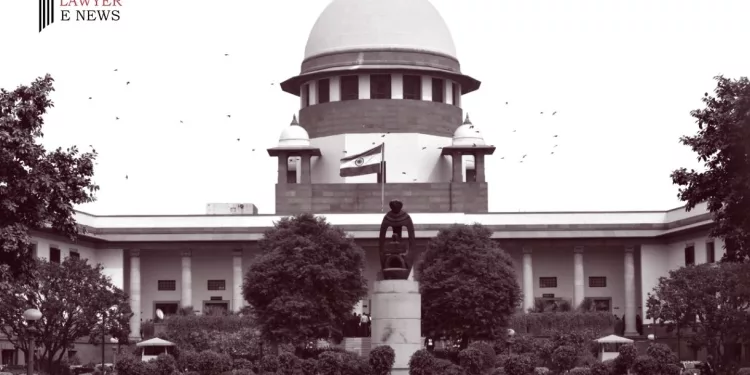Unregistered Documents Cannot Confer Property Ownership: Supreme Court

In a significant legal decision, the Supreme Court of India has ruled that unregistered documents cannot confer ownership rights to immovable property. The judgment, delivered on November 1, 2023, has far-reaching implications for property disputes and transactions across the country.
The case in question, Civil Appeal No. 1598 of 2023, involved a dispute over possession and mesne profits between Shakeel Ahmed and Syed Akhlaq Hussain. The appellant, Shakeel Ahmed, contested the High Court’s judgment that affirmed the Trial Court’s decree in favor of the respondent, Syed Akhlaq Hussain.
The crux of the matter lay in the validity of the suit, which was based on unregistered documents, including an Agreement to Sell, Power of Attorney, Affidavit, and a Will. Shakeel Ahmed argued that these documents did not confer ownership rights, and he had received the property through an oral gift (Hiba) from his brother, Laiq Ahmed.
Justice Vikram Nath, speaking for the bench, emphasized the legal principle that “no right, title, or interest in immovable property can be conferred without a registered document.” The judgment cited relevant sections of the Registration Act, 1908, and the Transfer of Property Act, 1882, to support this position.
The Supreme Court also addressed the argument that the judgment in the case of Suraj Lamps & Industries Pvt. Ltd. Vs. State of Haryana and Anr., which was of the year 2011, had prospective application and would not impact the respondent’s claim under customary documents executed in 2008. The court rejected this argument, affirming that the requirement of compulsory registration and its effect on non-registration were fundamental legal principles, not limited by the timing of specific judgments.
Furthermore, the Court found fault with the reasoning of the High Court, which suggested that the respondent, Syed Akhlaq Hussain, could maintain the suit as an Attorney for the property owner, Laiq Ahmed. The Supreme Court clarified that the suit was filed by the respondent in his individual capacity, not as an Attorney, and thus, it could not be maintained on these grounds.
In its final verdict, the Supreme Court allowed the appeal, set aside the High Court’s judgment, and dismissed the suit. No costs were awarded.
Date of Decision: 01November 2023
SHAKEEL AHMED VS SYED AKHLAQ HUSSAIN






